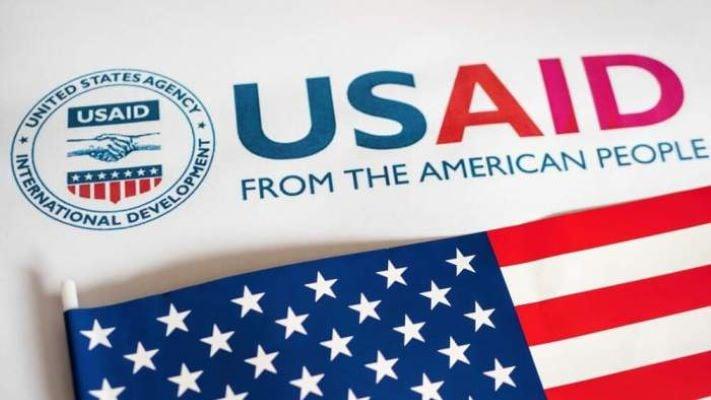GENEVA:
A UN Key Health Agency warned Tuesday that the Washington Help Cut could see 1,200 women more die for pregnancy and causes linked to birth in Afghanistan until 2028.
Shortly after its inauguration last month, Trump signed an executive order that implemented a 90 -day break in the foreign development aid of the United States.
Later, his administration issued food exemptions and other humanitarian aid, but help workers say that the impact is already being felt by some of the most vulnerable in the world.
In response, the UN Population Fund (UNFPA) “has suspended the services funded by subsidies from the United States that provide a life line for women and girls in crisis, even in southern Asia,” said Pio Smith, Regional Director of the UN sexual and reproductive health agency for Asia. and the Pacific.
“We are quite concerned about this substantial loss of funds,” journalists in Geneva told journalists.
He said that the situation was particularly dramatic in Afghanistan, where a mother already dies from preventable pregnancy complications every two hours, which makes it one of the most mortal countries in the world so that women give birth.
For Afghanistan, “between 2025 and 2028 we estimate that the absence of the support of the United States will result in 1,200 additional maternal deaths and 109,000 unwanted additional pregnancies,” said Smith.
“We have been working on the understanding that, as the previous Republican administrations … the agency would be rejected,” Smith acknowledged, saying that efforts had been made to mitigate the risk.
But Smith said the agency had not expected the United States to stop the funds already committed to the UNFPA by the Giant Humanitarian Agency of Usaid, which it has now done. The stop order said that “it is for the funds that have already been committed to the agency, and what we see is that the programs that have focused on maternal and reproductive health and psychosocial support will be affected.”
Just in his region, Smith said that “UNFPA requires more than $ 308 million this year to maintain essential services in Afghanistan, Bangladesh and Pakistan.”




